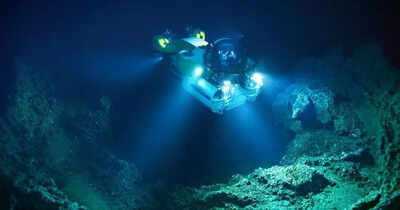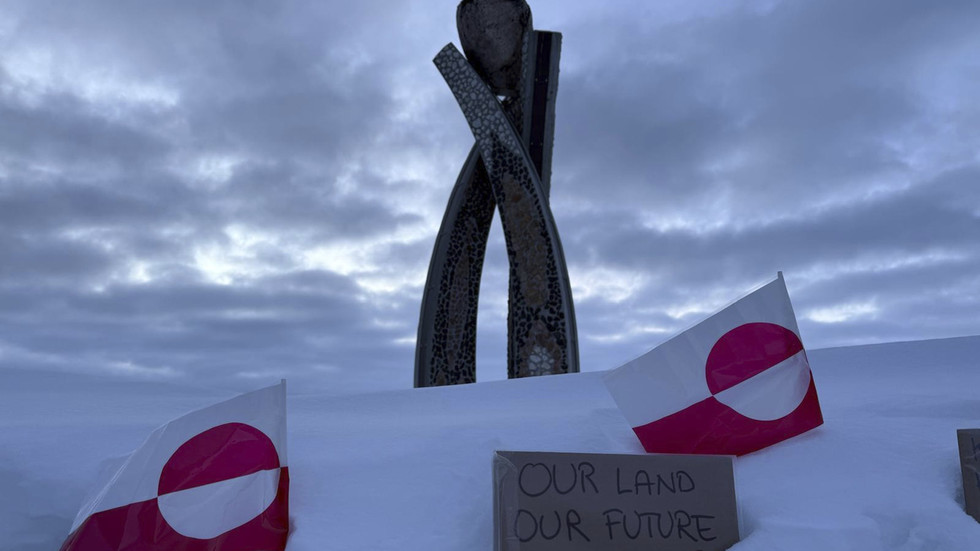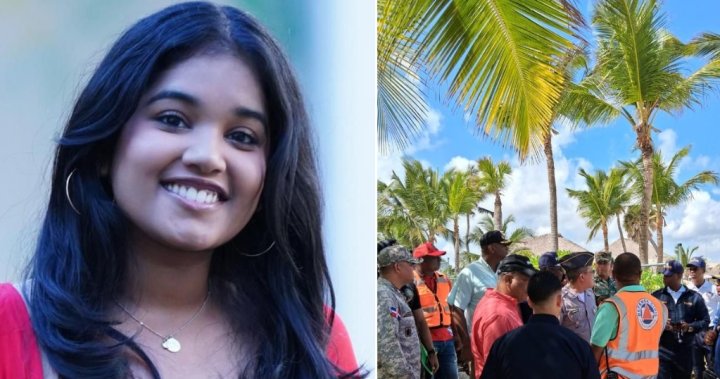
At least six are believed dead, and nine have been injured, after a tourist submarine went down off the Egyptian Red Sea city of Hurghada on Thursday, state media reported. The sub, which had over 40 Russian tourists aboard, was said to have experienced mechanical failure prior to sinking. The accident occurs more than a year after the
OceanGate Titan
submersible implosion on a dive to the Titanic wreck site, with even more raising safety concerns around
deep-sea tourism
.
Why deep-sea tourism is booming
Over the past few years, deep-sea tourism has moved from an upper-class activity to a more accessible — albeit still costly — venture. Underwater adventures from basic submarine descents to high-end submarine hotels and wild expeditions are now available from companies.
Luxury operations such as "Lovers Deep," a St Lucia submarine hotel, cost $300,000 a night, Time reported. Other, more price-friendly, encounters are the Maldives submarine experience where tourists pay $1,500 for an hour-long dive. OceanGate previously had a $250,000 Titan trip to the Titanic and $45,000 excursions to visit underwater vents.
Adventure tourism specialist Jon Heshka of Thompson Rivers University was quoted as saying that these experiences as attractive to those looking for offbeat and exclusive adventures. "Extreme adventures were once the province of the lunatic fringe," Heshka noted. "Now that there is greater commercial access and government charges for accessing remote regions, these adventures have become a high-end product."
The safety issues: Why is deep-sea tourism unsafe?
In spite of the industry's expansion, safety is an important issue thanks to a lack of regulatory oversight. Submarines and submersibles sail without uniform international regulations, with safety practices left mostly in the hands of private operators.
Certified or “classed” submersibles undergo rigorous inspections by independent bodies like DNV or Lloyd’s Register, reported Afar.com. These inspections cover the vessel’s structure, life-support systems, and mechanical integrity. However, OceanGate’s Titan submersible notably avoided this process, claiming certification would slow down innovation.
Marine naturalist and past submarine co-pilot Mckenzie Margarethe stresses the need for third-party inspection. "Certified submarines are generally safe, but without independent inspection, there's no guarantee," Margarethe was quoted as saying by Afar.com. "It's like flying on an uncertified airplane—possible, but risky."
Rescue challenges in deep waters
If something goes wrong, rescue operations for deep-sea vessels are complex and time-sensitive. Most tourist submarines operate at depths where divers or other submarines can assist in emergencies. However, vessels like the Titan, which dove to 12,500 feet, exceed most rescue capabilities.
"Typical tour submarines don't dive below 150 feet," says Margarethe. "At that depth, scuba divers can help if needed. But the deeper you go, the more difficult and slower a rescue becomes—particularly in remote waters."
Where submarines operate also impacts rescues. In places such as Antarctica or the mid-Atlantic, conditions and logistical obstacles hinder quick rescue.
Will deep-sea tourism be subject to greater regulation?
In spite of recent tragedies, international regulation of deep-sea tourism is still low. Heshka explains that governments do not usually regulate businesses unless there are repeated failures. "If accidents continue to be the exception and companies continue to make money, regulation is unlikely," he said as quoted by Time. "But high-profile accidents like OceanGate's explosion or the sinking of Hurghada might alter that."
Until there are all-encompassing regulations in place, the experts advise verifying any submarine or submersible tour is approved by a qualified classification society. Ongoing inspection and openness in operation are still the best assurances for travelers brave enough to explore the depths.

 3 days ago
4
3 days ago
4









 English (US) ·
English (US) ·